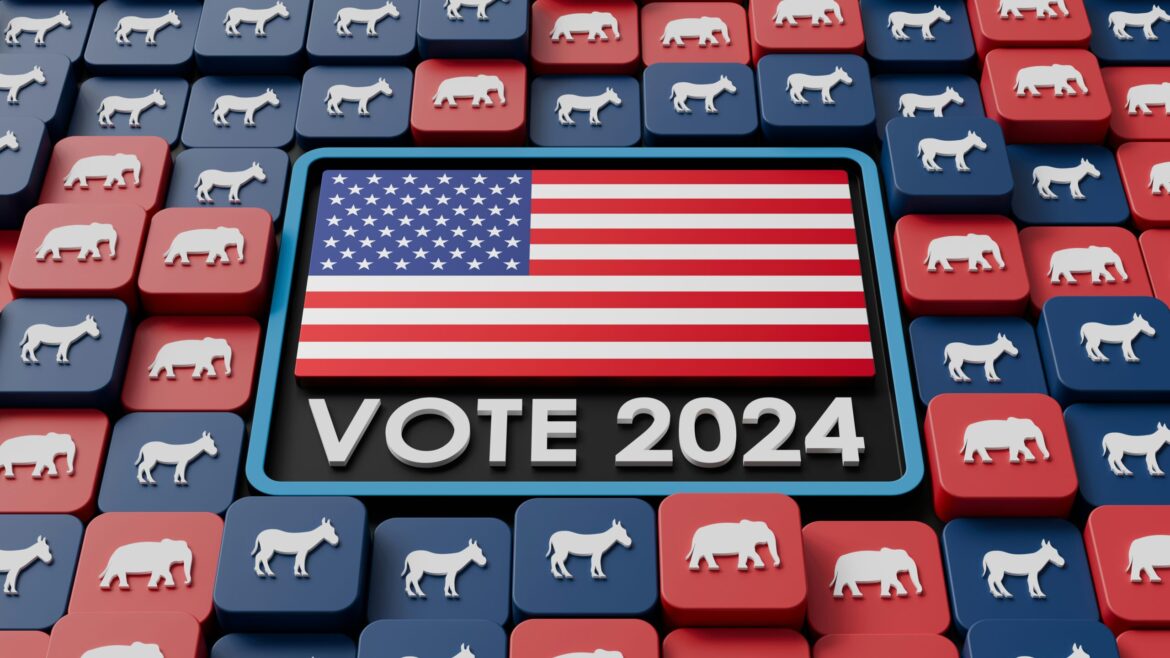In the opening days of 2024, top Republican Party leaders convened in Washington, D.C., for a high-level strategy summit aimed at shaping the party’s trajectory heading into the pivotal 2024 election season. The closed-door meetings brought together GOP congressional leaders, campaign operatives, donors, and key advisors to craft a comprehensive plan to reclaim the White House, solidify their majority in the House of Representatives, and wrest control of the Senate from Democratic hands.
A significant focus of the discussions centered on targeting crucial battleground states such as Pennsylvania, Georgia, Arizona, and Wisconsin. These swing states are expected to play a decisive role in determining the outcome of both the presidential and congressional races. GOP leaders emphasized the importance of tailored messaging that resonates with local constituents, particularly on pressing issues like border security, economic recovery, crime reduction, and the protection of constitutional rights.
Party officials also rolled out a series of initiatives designed to expand voter outreach and engagement. These included bolstering grassroots networks, increasing funding for digital and traditional media campaigns, and deploying volunteer efforts to register new voters. There was also a renewed commitment to improving Republican performance among suburban voters, minority communities, and younger demographics without alienating the party’s core base.
Unity within the party emerged as a recurring theme throughout the week-long gathering. Senior GOP figures urged restraint from intra-party feuds that could hinder electoral prospects. Instead, they promoted a unified front under shared conservative values and policy goals. Prominent voices called for greater collaboration between national leadership and state-level campaigns to ensure consistent messaging and efficient allocation of resources.
Furthermore, attendees were briefed on anticipated challenges from Democratic opponents, including policy critiques, legal strategies, and media narratives. The Republican leadership stressed the need for a proactive communications strategy to counter misinformation and to highlight GOP accomplishments and proposals clearly and persuasively.
With the political landscape rapidly shifting and the primary season set to intensify, Republican strategists left the summit with renewed focus and a clear mission. Their objective: to mobilize conservative voters, sway undecideds, and construct a robust path to victory in November. The week’s activities marked not just the start of a new year, but the launch of a full-scale campaign effort poised to shape the future of the GOP and the country at large.

